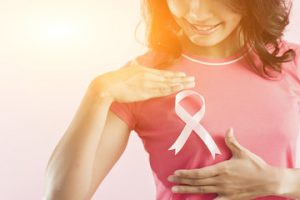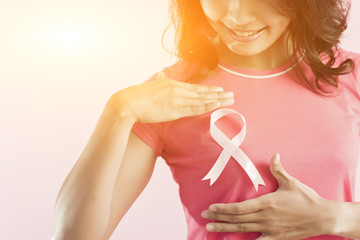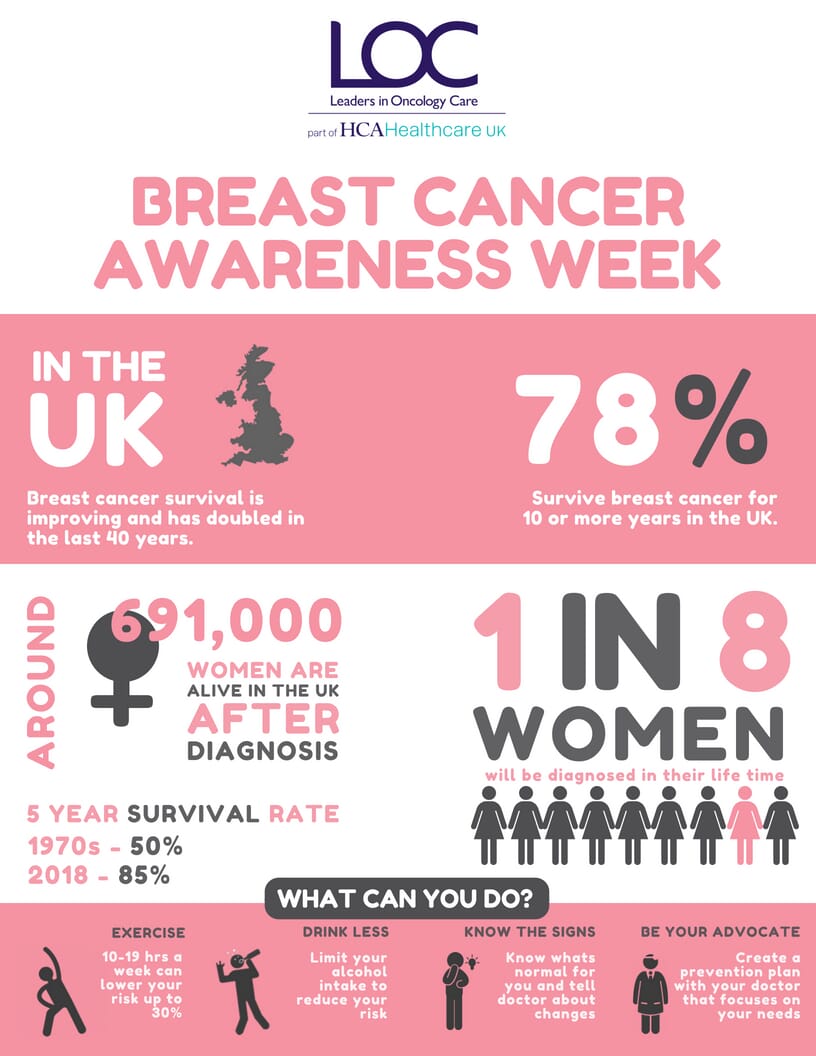2018 Breast Cancer Awareness Month

With the Breast Cancer Awareness Month coming up on the 1st October, we thought we’d try and raise some awareness by answering some frequently asked questions about the causes and treatments for Breast Cancer. Breast cancer is one of the major diseases affecting women in 2018.
Causes of Breast Cancer
Can pregnancy cause breast cancer?
No, doctors believe that pregnancy may have a protective effect on breast tissue. The younger a woman is when she first becomes pregnant, the lesser risk. However, approximately 25 per cent of breast cancers occurring in younger women do so during pregnancy or one year afterwards.
Does breastfeeding have an effect?
Some studies have shown a relationship between breastfeeding and a lower risk of developing the disease, but at the moment there is no clear consensus on this subject. This effect has generally been seen if breastfeeding continues for long periods, which may not always be possible in our society. There are many other positive effects of breastfeeding for both mother and baby.
What about diet?
The incidence of breast cancer is higher in countries that eat a high-fat diet, though it’s difficult to say whether a diet is relevant in an individual woman. However, being obese appears to increase the risk of developing the disease in post-menopausal women because it increases the levels of circulating oestrogens.
Healthy eating guidelines advises women to cut down on fat to improve our general health, and a GP or practice nurse can advise on these.
Exercise
Some studies suggest that exercise can reduce the risk of developing breast cancer, and, as with diet, can help to reduce obesity and improve general health. While the link with breast cancer is not clear, we should all take some form of regular exercise.
Alcohol
An increasing body of evidence suggests that drinking alcohol increases the risk of developing breast cancer. Breakthrough research has been able to show the potential relationship between alcohol and breast cancer for some time, but further research is needed to establish how the two are linked. Government guidance suggests that women consume no more than 14 units of alcohol per week. The suggested limit is slightly higher for men at 21 units per week.
What about stress?
At present, there is no evidence that stress can increase the risk of a woman developing breast cancer. Research is continuing to investigate this.
Smoking
Although smoking has been shown to be associated with many cancers, as yet there is no direct evidence to link smoking with breast cancer risk. Women are generally advised to stop smoking as this is important for a healthy lifestyle.
Treatments for Breast Cancer
There are several ways of treating breast cancer. Primary treatment is the course of action doctors decide to take to best treat a particular type and stage of breast cancer. Treatment is planned specifically for each woman, so different women may receive different treatments.
Primary treatment refers to the removal of a tumour and killing of any stray cancer cells that may be in the breast or body. It normally covers any or all of the following options: an operation to remove a part, or all, of the breast, drug therapy and radiotherapy. Follow-on treatment with the drug tamoxifen may also be prescribed, to help prevent any cancer coming back.
Once primary treatment has finished, the patient and specialist will agree a written care plan.
Secondary or advanced breast cancer requires a different treatment plan and is covered later in this section.
Below is a short infographic that sums up some interesting statistics about the breast cancer awareness month 2018.









